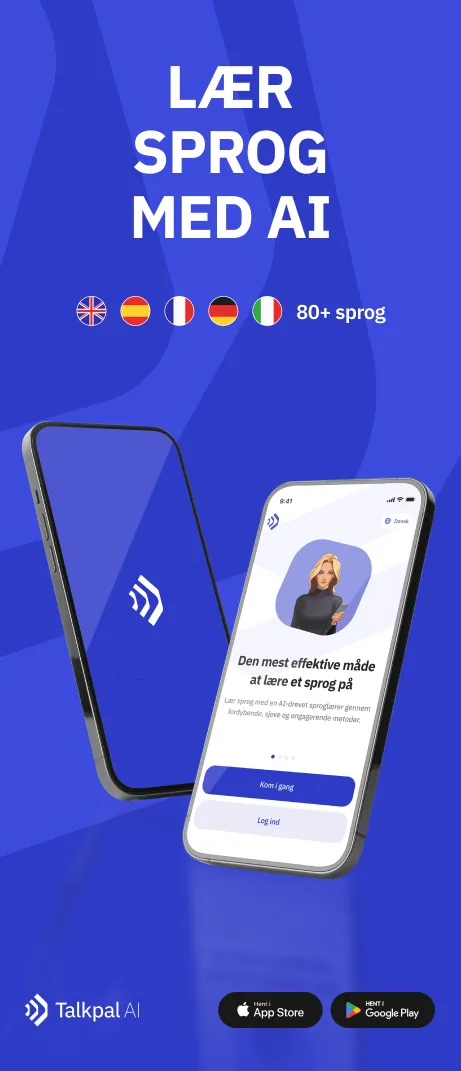Essere eller Stare? – Øvelse 1
2. Tu *sei* italiano. (Hint: Brug “essere” for nationalitet)
3. Lui *sta* a casa adesso. (Hint: Brug “stare” for placering)
4. Noi *siamo* amici da molti anni. (Hint: Brug “essere” for permanente relation)
5. Voi *state* bene? (Hint: Brug “stare” for helbred eller tilstand)
6. Loro *sono* studenti. (Hint: Brug “essere” for profession eller status)
7. Io *sto* male oggi. (Hint: Brug “stare” for midlertidig dårlig tilstand)
8. Lei *è* molto simpatica. (Hint: Brug “essere” for karakteristika)
9. Noi *stiamo* in ufficio. (Hint: Brug “stare” for placering)
10. Voi *siete* pronti per la lezione? (Hint: Brug “essere” for tilstand eller parathed)
Essere eller Stare? – Øvelse 2
2. Tu *stai* molto bene oggi! (Hint: Brug “stare” for helbred eller humør)
3. Lui *è* un medico famoso. (Hint: Brug “essere” for profession)
4. Noi *stiamo* al ristorante adesso. (Hint: Brug “stare” for nuværende placering)
5. Voi *siete* molto gentili. (Hint: Brug “essere” for personlighed)
6. Loro *stanno* a scuola fino a tardi. (Hint: Brug “stare” for placering og tidsrum)
7. Io *sono* felice di vederti. (Hint: Brug “essere” for permanent tilstand eller følelse)
8. Lei *sta* leggendo un libro. (Hint: Brug “stare” for igangværende handling)
9. Noi *siamo* stanchi dopo la corsa. (Hint: Brug “essere” for tilstand efter aktivitet)
10. Voi *state* attenti durante la lezione. (Hint: Brug “stare” for opmærksomhed eller fokus)










